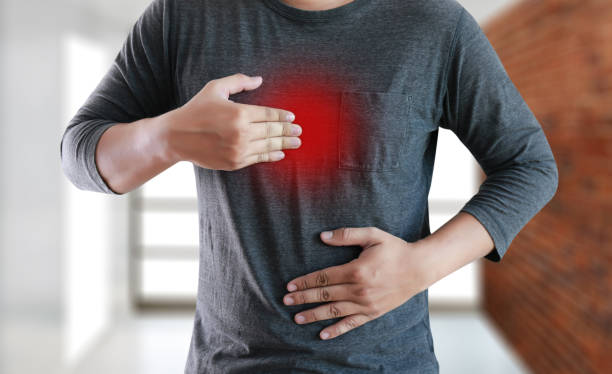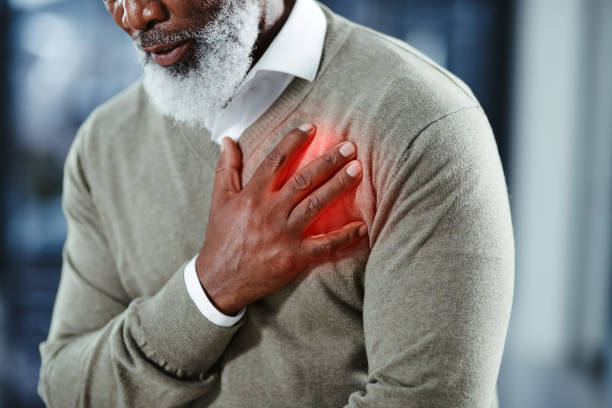Heartburn is a common condition that affects millions of people around the world. It is characterized by a burning sensation in the chest, often accompanied by a bitter taste in the mouth. While heartburn can be mild and occasional, severe heartburn can be a chronic condition that causes a great deal of discomfort and interferes with daily activities. In this article, we will examine the symptoms of severe heartburn and the various treatment options available.
Symptoms of Severe Heartburn:
Intense burning sensation in the chest: This is the most common symptom of heartburn and is usually felt behind the breastbone. The burning sensation can last for several minutes or hours and is usually worse after eating or lying down.
Regurgitation: This is the sensation of acid or partially digested food coming back up into the mouth.
Nausea: Many people with severe heartburn experience nausea, which can be accompanied by vomiting.
Chest pain: In some cases, heartburn can cause a sharp pain in the chest, which may be mistaken for a heart attack.
Difficulty swallowing: People with severe heartburn may have difficulty swallowing food, which can cause a choking sensation.
Chronic coughing: Chronic coughing is another common symptom of heartburn and can cause a great deal of discomfort.
Bad breath: Heartburn can cause bad breath, as the acid in the stomach can produce unpleasant odors.
Treatment for Severe Heartburn:
There are several treatments available for severe heartburn, including lifestyle changes, medications, and surgery.
Lifestyle Changes:
Avoiding foods and drinks that trigger heartburn: Common triggers include fatty or spicy foods, caffeine, alcohol, and citrus juices.
Maintaining a healthy weight: Excess weight can put pressure on the stomach and increase the risk of heartburn.
Eating smaller, more frequent meals: Large meals can cause the stomach to become distended, which can increase the risk of heartburn.
Avoiding lying down after eating: Wait at least two hours after eating before lying down or going to bed.
Quitting smoking: Smoking can relax the muscle that separates the esophagus and stomach, allowing stomach acid to flow back into the esophagus.
Medications:
Antacids: Antacids are the most common type of medication used to treat heartburn. They work by neutralizing stomach acid and providing quick relief.
H2 blockers: H2 blockers reduce the amount of acid produced by the stomach, providing longer-term relief from heartburn.
Proton pump inhibitors (PPIs): PPIs are a type of medication that reduce the amount of acid produced by the stomach and are effective in treating severe heartburn.
Surgery:
In some cases, severe heartburn may be caused by a hiatal hernia, a condition in which the stomach pushes up into the chest through a weak spot in the diaphragm. Surgery may be necessary to correct the hernia and relieve symptoms.
In conclusion, severe heartburn can be a chronic condition that causes a great deal of discomfort and interferes with daily activities. The symptoms of severe heartburn include a burning sensation in the chest, regurgitation, nausea, chest pain, difficulty swallowing, chronic coughing, and bad breath. Treatment options for severe heartburn include lifestyle changes, medications, and surgery. If you are experiencing severe heartburn, it is important to speak with your doctor to determine the best course of action for you.

 Home
Home Health
Health Diet & Nutrition
Diet & Nutrition Living Well
Living Well More
More












